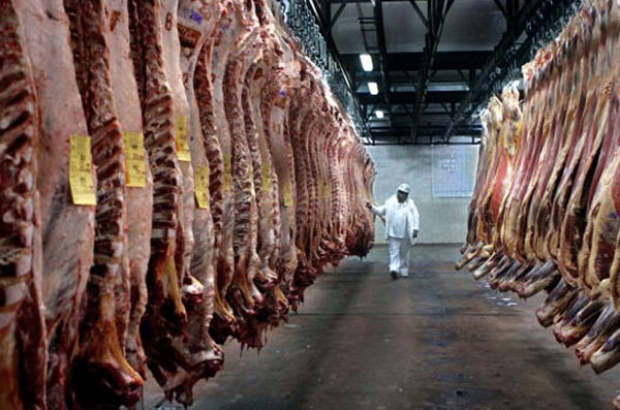- Daily & Weekly newsletters
- Buy & download The Bulletin
- Comment on our articles
Belgian wage complaint to Commission finds support in Germany
The European Commission is studying a complaint from Belgium about low wages at some German firms, described by Belgium as unfair “social dumping”, reports the BBC’s Laurence Peter. Two Belgian government ministers sent a letter last month alleging that Germany’s “mini-jobs” undermined EU competition rules. Some workers get just €3 or €4 an hour in such jobs, without any social protection, Belgium says. Many are Eastern Europeans working for meat processing firms in Germany. There has been criticism in Germany, too. The Commission says 7.5 million people are working under the “mini-job” regime in Germany, under which they can earn up to €450 a month without paying tax or contributing to any pension system. They are also excluded from the employer’s social security contributions. In Belgium, however, low-paid workers get a minimum of €12 to €13 an hour and have to make social security contributions, a Belgian government spokeswoman told the BBC.
Olaf Lies, economy minister in the German state of Lower Saxony, has voiced support for the Belgian complaint. Germany’s economy is a rare success story in Europe at a time when most of its neighbours are struggling with massive debt burdens and record unemployment. Many Poles, Bulgarians and Romanians have found jobs in Germany – especially in agriculture and food-processing – since their countries joined the EU in 2004 and 2007.
A German left-wing MEP, Thomas Haendel of the Linke party, said that in the 27-nation EU, only Germany and Malta had no statutory minimum wage. Speaking to BBC News, he said the Belgian complaint “is entirely justified – the Linke party has long been pointing out that Germany is practising wage dumping in Europe. It’s very unfair because Germany now has very high productivity, but gains a competitive advantage through these ‘mini-jobs’.” In addition to Linke, the German Social Democrats and Greens are also pushing for a statutory minimum wage in Germany, he said. “About thirty percent of workers in Germany get less than €8.5 per hour – that’s below the OECD poverty level.”









